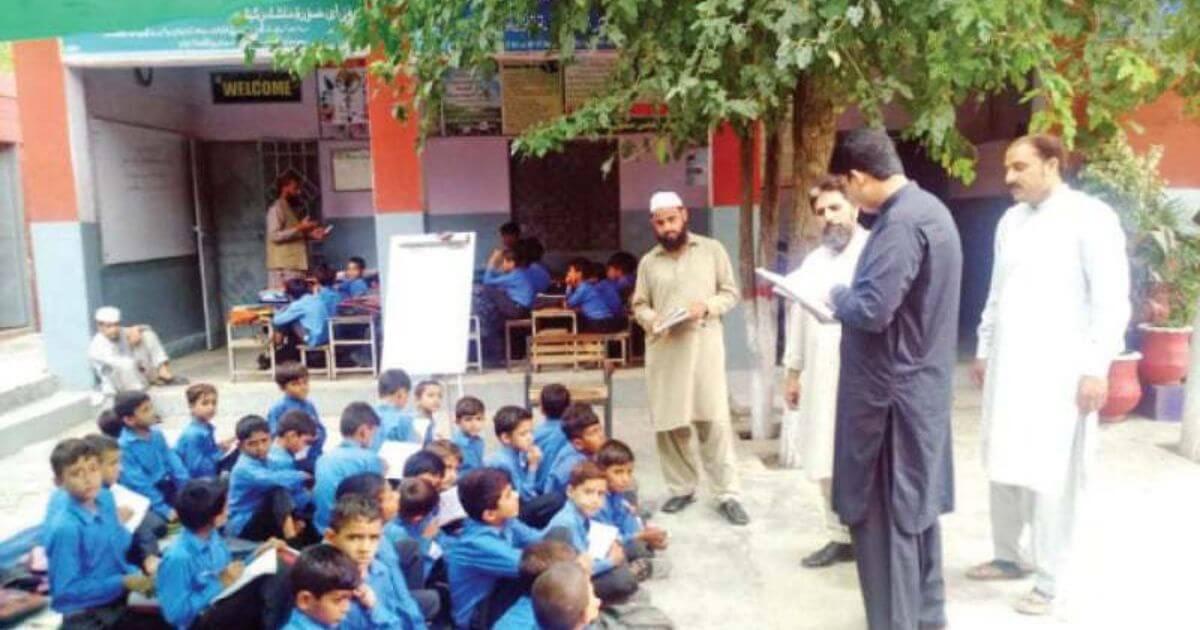Students at Taxila UC get a gleam of hope for higher education after decades of waiting
In Taxila, the news of Govt Girls High School Thatta Khalil’s upgrade to a higher secondary institution brought elation to Rawish, a 9th-grade student. The Education Department’s notification signaled a shift for the school, established in 1991, serving a population exceeding 23,000 across eight villages in the Thatta Khalil union council.
Rawish symbolizes many students in similar circumstances, facing the absence of nearby higher secondary education opportunities. Distance, exemplified by a girls’ college located 20 kilometers away in Taxila city, had closed doors to higher education for students like her. For Nida, another student at the school, the prospect of this upgrade held the promise of fulfilling her aspirations for higher education, unlike her elder sister constrained to household chores despite excelling in the matriculation exams.
Headmistress Samina Basheer highlighted the plight of numerous students denied the fundamental right to higher education in the union council. The absence of nearby institutions compelled female students from various areas like Sangjani, Chokkar, Pindi Nowsheri, Thatta Khalil, and Dhoke Durab to forego further studies after matriculation.
Munaza Peerzada, president of a local NGO, echoed the concerns, citing financial and social limitations deterring parents from sending their daughters to distant cities for education. Consequently, many girls had no recourse but to discontinue their education post-matriculation.
Haji Arif, a notable figure in the Thatta Khalil union council, lamented the backwardness in education and healthcare despite the area’s proximity to the federal capital. He acknowledged the efforts of philanthropist Malik Sohail Akhter, who donated a substantial piece of land valued at Rs120 million and contributed an additional Rs8 million for constructing extra classrooms for intermediate classes at the girls’ school.
Sohail Akhter emphasized the persistent absence of basic facilities in the area, despite its notable political representatives. Despite the presence of influential figures like Ghulam Sarwar Khan and others from the region, the plight of hundreds of female students remained unchanged.
The act of philanthropy by Malik Sohail Akhter served as a beacon of hope, signaling positive change and a step towards addressing the educational deficit in the region.

